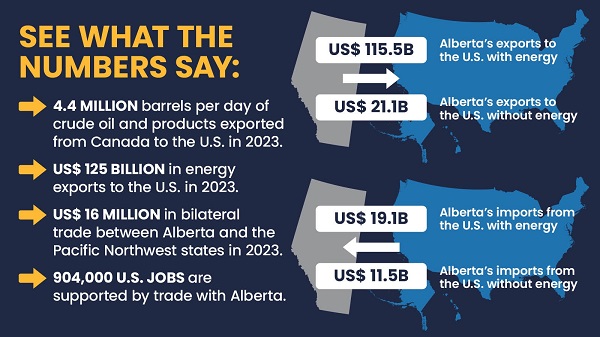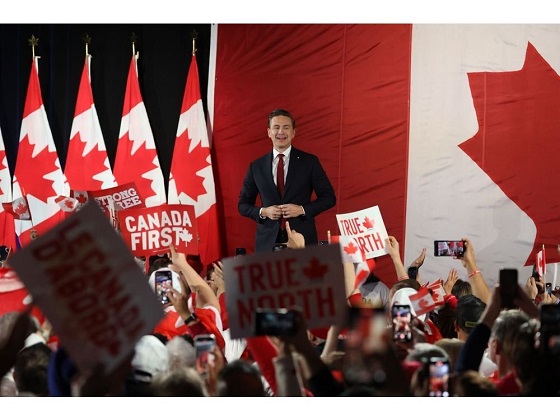conflict
‘This Is A Setback’: Did Biden’s Gaza Ceasefire Dreams Get Blown Up With A Top Hamas Leader?
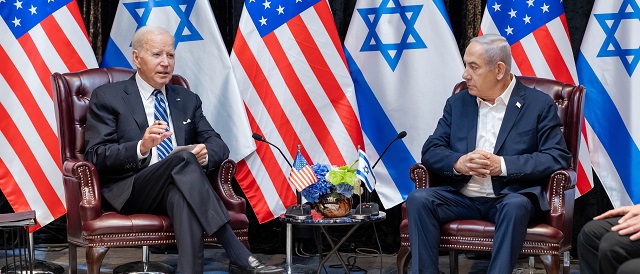
From the Daily Caller News Foundation
By JAKE SMITH
The Biden administration’s Gaza ceasefire hopes may be fading in the wake of a top Hamas leader being assassinated deep inside Iran, defense experts told the Daily Caller News Foundations.
The administration and several international negotiators have spent months trying to broker a deal between Israel and Hamas for a ceasefire and the release of the hostages in Gaza, with officials suggesting in recent weeks that remaining “gaps” could be soon narrowed to reach an agreement. But the assassination of Ismail Haniyeh, a key negotiator in the deal, will likely complicate ceasefire talks and erase months of progress, experts told the DCNF.
Israel has not taken credit for the killing, but Iran and Hamas were quick to assign blame regardless, and some reports indicate that the Israeli forces were secretly behind the operation. His assassination underscores the unique position Israel has found itself in over the last several months — working tirelessly to defeat the terrorist group while trying to negotiate with them at the same time, experts told the DCNF.
“The implication here is that the ceasefire talks and hostage talks are set back a while, to the extent that anyone believed that they were going to happen at all,” Gabriel Noronha, executive director at Polaris National Security and former State Department official, told the DCNF. “From Hamas’ side, internally, they’re not going to feel like doing anything with Israel anytime soon.”
“Talking while fighting is hard under the best of circumstances… it’s a weird thing to do at all, although you have to do it. [The U.S. has] done it, of course, but when you kill the actual negotiator, it’s going to be very hard to find somebody who wants to play that role in the future, because you are now both a diplomat and a target,” Justin Logan, director of defense and foreign policy at the Cato Institute, told the DCNF. “It would be remarkable to me if anybody told you they didn’t think this was a setback for diplomacy.”
Haniyeh joined Hamas in 1997 and led the terrorist group’s political wing since 2017, according to The Washington Post. He was sanctioned by the U.S. and wanted by the International Criminal Court (ICC).
In the ongoing war in Gaza, Haniyeh represented Hamas during ceasefire negotiators with Qatari and Egyptian meditators. Though his death is not unwelcomed by the West, it threatens to complicate ongoing negotiations with Hamas.
Biden officials are now scrambling to keep the deal alive, according to several reports. The strike against Haniyeh in Iran caught the Biden administration by surprise, U.S. officials told The Wall Street Journal.
“This is something we were not aware of or involved in,” U.S. Secretary of State Antony Blinken said in an interviewduring a trip to Singapore , adding that he did not know “what this [meant]” for ongoing ceasefire discussions. The State Department referred the DCNF to deputy spokesman Vedant Patel’s comments during a press briefing on Wednesday, in which he echoed Blinken’s comments that he didn’t want “to speculate on any potential impacts.”
President Joe Biden held a “tough” phone call with Israeli Prime Minister Benjamin Netanyahu on Thursday to express his frustration that Israel would choose to kill Haniyeh at such a pivotal time for the ceasefire talks, even though his death as a general matter would not be upsetting to the U.S., two U.S. officials told Axios. The phone call was reportedly emotional as Biden “raised his voice” at Netanyahu toward the conclusion of the discussion, insisting that he wanted a ceasefire deal reached within “a week to two weeks,” an Israeli official with direct knowledge of the discussions told Axios.
The Biden administration and the Israeli government have seemingly been at odds for months on how to achieve a ceasefire. Biden put forward a ceasefire proposal in May that he claimed was penned by the Israelis, but Netanyahu seemed to reject the proposal shortly after it was announced.
“I think it’s clear that they have not been synced up on the ceasefire approach at all,” Logan told the DCNF. “Part of it is wishful thinking on the part of the Biden people that, you know, ‘we believe Netanyahu should want this, therefore he probably does want it’ — and they’re not listening to what Netanyahu is saying in reality. I think there has to be some frustration there and a feeling that the world’s only superpower has little leverage to control this situation.”
Biden also spoke with Netanyahu about Iran and Hezbollah’s potential retaliation, given that both have promised revenge for the strikes in Lebanon and Iran on Tuesday. Israeli forces claimed responsibility for an airstrike in Beirut, Lebanon, on Tuesday which successfully killed a high-level Hezbollah commander, just hours before the separate strike in Iran.
The two world leaders discussed joint U.S.-Israeli military operations that would stage a defense in the event of an attack, and U.S. Secretary of Defense Lloyd Austin informed his Israeli counterparts on Thursday about U.S. force posture changes in the Middle East, according to Reuters and Axios.
Biden told Netanyahu during their Thursday phone call, however, that should Israel stage a similar operation as it did earlier this week, he shouldn’t expect the U.S. to come to its defense, one U.S. official told Axios.
“I had a very direct meeting with the prime minister today. Very direct,” Biden told reporters on Thursday evening following his call with Netanyahu. When asked whether Haniyeh’s death would impact ceasefire talks, Biden said “It’s not helped.”
Featured Image Credit: Official White House Photo by Cameron Smith
conflict
Europe’s Heads of State Have Learned Nothing from 170 years of history
By John Leake
With the exception of Viktor Orban, Europe’s so-called leaders have a learning disability of miraculous proportions.
While the Congress of Vienna (1815) seemed to inaugurate a new era of hope for peace in Europe, Europe’s leaders couldn’t resist the siren song of bloodyminded pigheadedness that drew them into the Crimean War (1853-1856) in which Britain and France thought it more sensible to side with the Ottoman Turks than with Russia over various religious and territorial disputes in the Black Sea that are now too tedious to recount.
The only redemptive feature of the Crimean War—at least on the British side—is that members of the ruling class that wanted the war were willing to serve on the front line of it. Lieutenant-General James Thomas Brudenell, 7th Earl of Cardigan, was notorious for his aristocratic haughtiness and extravagance. He also achieved legendary status for leading the Charge of the Light Brigade during the Battle of Balaclava, immortalized in Tennyson’s poem.
Watching Cardigan charge directly into a Russian battery, the French commander, Pierre Bosquet remarked: “C’est magnifique, mais ce n’est pas la guerre: c’est de la folie (“It is magnificent, but it is not war: it is madness.”).
After the British and French backed the Ottomans against the Russians in the Crimean War, they backed the Russians against the Germans, Austrians, and Ottomans during the Great War of 1914-1918. When it came to drafting the Treaty of Versailles, the Allies were more interested in ascribing blame to the Germans than in making a lasting peace. This led to World War II, when British and the French backed the Russians once again against the Germans and the Austrians—this time with the Turks joining their side.
After World War II, the Americans thought it more important to create a lasting peace than to punish Germany again, so they chose the Marshall Plan instead of the punitive Morganthau Plan.
At the war’s conclusion, erstwhile allies U.S. and Russia, became mortal enemies in a Cold War in which they threatened each other with nuclear annihilation. At the conclusion of the Cold War, Washington decided to revert to the spirit of the Treaty of Versailles to kick Russia while it was down and to maintain a state of enmity with it instead of taking pains to incorporate it into the West.
In its great sagacity, the Trump administration has recognized that there is nothing to be gained for the American people by continuing the U.S. proxy war against Russia in Ukraine. Trump and his people recognize the reality that it would be far better to have a mutually respectful and beneficial relationship with Russia than to continue threatening it and maintaining a state of enmity with it.
Trump starkly contrasts with Europe’s so-called leaders, who wish to keep the Great Game pissing contest with Russia going. Like 15-year-old female rivals on a high school cheerleading squad, they find it more important to ascribe blame in the West’s longstanding conflict with Russia than to find a peaceful solution to it. All the phony expressions of solicitude for the people of Ukraine are pure humbug. Europe’s so-called leaders are perfectly happy to continue sending young Ukrainian men to their deaths and they will work hard to undermine Trump’s efforts to end the killing.
I would wager a large sum that not a single European head of state with the exception of Viktor Orban could—without referring to an Encyclopedia—provide an account of the various disputes, touchy matters of honor, and attributions of blame that were the casus belli of the Crimean War, the Franco-Prussian War, the First World War, or the Second World War. They are ignorant, childish brats who have learned nothing from European history.
I never thought I would say that President Trump must have the patience of a saint to suffer Europe’s irritating parcel of whiny, mercenary, and malevolent wimps.
Subscribe to FOCAL POINTS (Courageous Discourse).
For the full experience, upgrade your subscription.
conflict
Trump meets Macron at White House, says Ukraine war ending soon
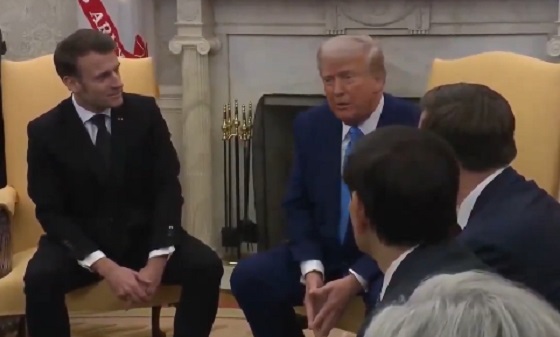
 MxM News
MxM News
Quick Hit:
President Donald Trump met with French President Emmanuel Macron at the White House on Monday to discuss Ukraine and broader economic partnerships. The meeting, which followed a virtual G7 summit, saw Trump reiterate his long-standing claim that the war “would have never started if I was President.”
Key Details:
-
Trump and Macron participated in a virtual G7 meeting earlier in the day, hosted by Canadian Prime Minister Justin Trudeau, marking the third anniversary of the Russia-Ukraine war.
-
Trump emphasized a forthcoming “Critical Minerals and Rare-Earths Deal” with Ukraine, describing it as an “Economic Partnership” that would allow the U.S. to recoup the “Tens of Billions of Dollars and Military Equipment sent to Ukraine.”
-
The President also revealed he is engaged in ongoing discussions with Vladimir Putin regarding a potential resolution to the war, as well as major economic agreements between the U.S. and Russia.
Diving Deeper:
On Monday, President Donald Trump welcomed French President Emmanuel Macron to the White House for high-level discussions on Ukraine, economic development, and transatlantic relations. The meeting followed a virtual G7 summit, where world leaders marked three years since the start of the Russia-Ukraine war—a conflict Trump once again declared “would have never started if I was President.”
In a Truth Social post, Trump provided a summary of the day, revealing that the leaders reaffirmed their shared goal of ending the war while emphasizing economic cooperation between the U.S. and Ukraine. The President highlighted a forthcoming “Critical Minerals and Rare-Earths Deal” aimed at strengthening Ukraine’s economy while ensuring American taxpayers recoup some of the massive financial aid and military equipment previously sent to Kyiv.
“This deal, which is an ‘Economic Partnership,’ will ensure the American people recoup the Tens of Billions of Dollars and Military Equipment sent to Ukraine, while also helping Ukraine’s economy grow as this Brutal and Savage War comes to an end,” Trump wrote.
Beyond his discussions with Macron, Trump disclosed that he is in “serious discussions” with Russian President Vladimir Putin, stating that negotiations are underway to end the war and facilitate economic agreements between the U.S. and Russia. “Talks are proceeding very well!” he added.
Trump’s meeting with Macron comes amid heightened uncertainty surrounding Ukraine’s future leadership and the broader trajectory of Western involvement in the war. Over the weekend, Ukrainian President Volodymyr Zelensky suggested he would be willing to step down in exchange for a peace settlement or NATO membership for his country.
Meanwhile, European leaders, including UK Prime Minister Keir Starmer, have stressed the importance of a united front against Russia. A Downing Street statement reaffirmed the UK’s commitment to supporting Ukraine “for as long as needed,” with Starmer and Macron set to continue discussions on the issue in Washington this week.
Trump’s direct engagement in diplomatic talks with Putin—without Kyiv’s participation—marks a sharp departure from the Biden administration’s approach. While Biden and European allies have focused on military aid and long-term deterrence, Trump has repeatedly asserted that he alone can bring an end to the war swiftly. His latest comments suggest that he is actively working to shape the future of U.S.-Russia relations, even as Ukraine’s political landscape remains in flux.
With economic concerns looming large and global security interests at stake, Trump’s approach to the Russia-Ukraine war and transatlantic partnerships will likely remain a focal point in the months ahead.
-
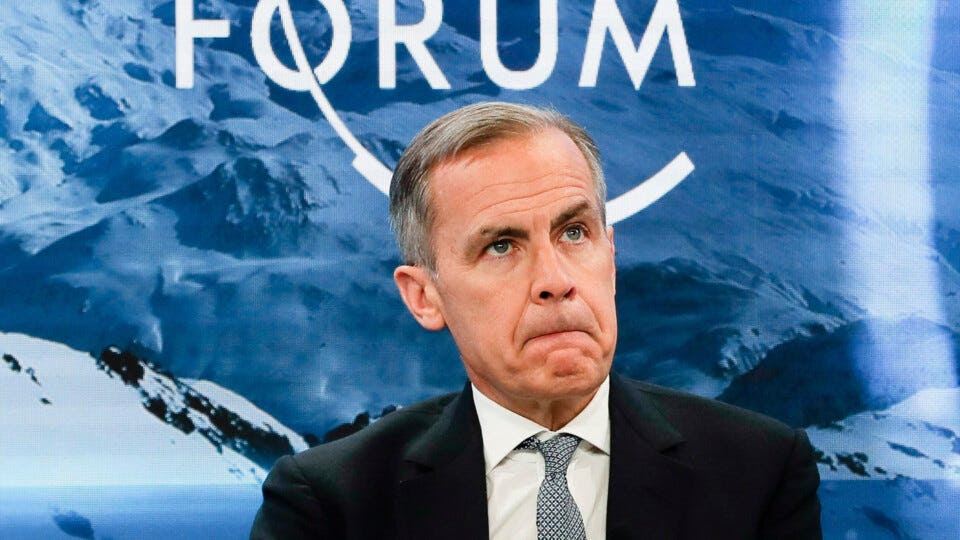
 National2 days ago
National2 days agoMark Carney’s Shocking Debate Meltdown
-
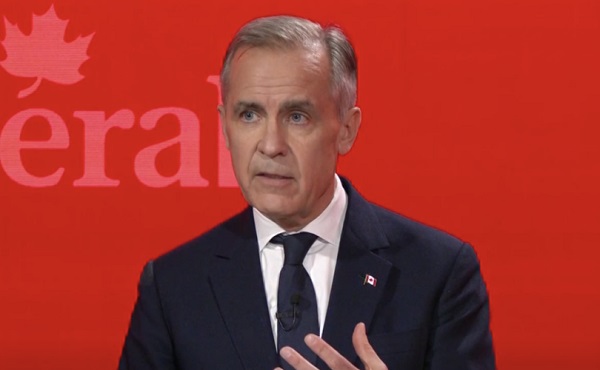
 Business2 days ago
Business2 days agoLiberal leadership debate sees candidates bash Trump, promise to fight ‘climate change’
-
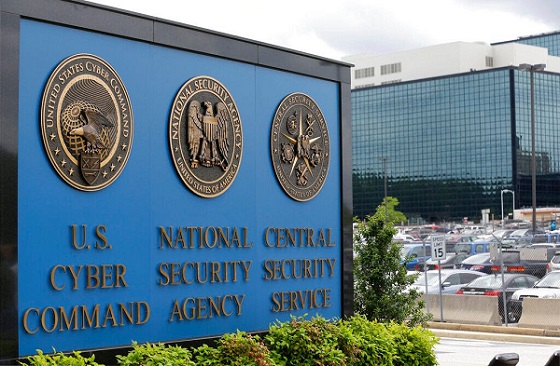
 Business2 days ago
Business2 days agoThe NSA’s Secret Sex Chats
-

 Business1 day ago
Business1 day agoCOVID lockdowns in Canada cost small businesses $60 billion in first year alone
-

 Opinion1 day ago
Opinion1 day agoLiberal leadership race guarantees Canadian voters will be guided by a clown show for a while yet
-
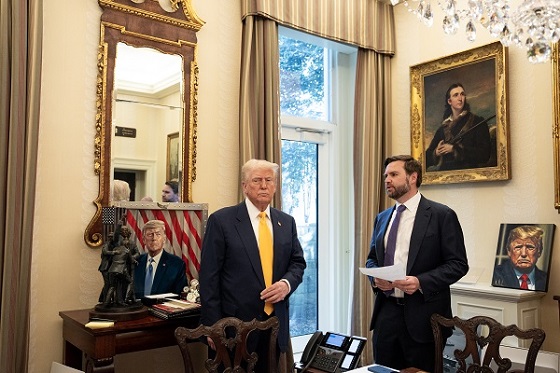
 Business1 day ago
Business1 day agoTrump: Tariffs on Canada, Mexico to take effect next week
-

 Bjorn Lomborg2 days ago
Bjorn Lomborg2 days agoWe need to get smart about climate
-

 Alberta2 days ago
Alberta2 days agoAppointment of Archbishop Smith as the next Archbishop of Vancouver





